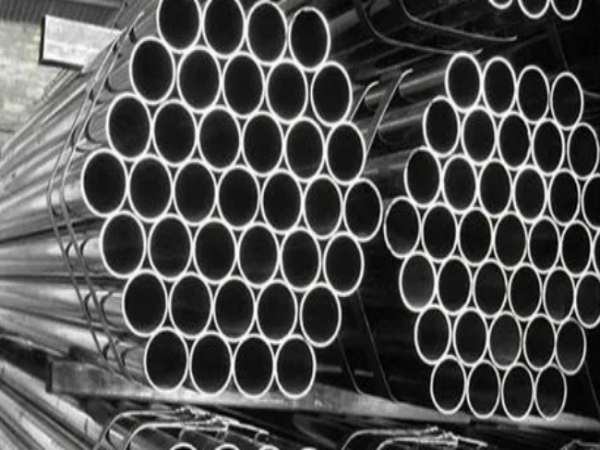The increasing focus on reducing the impact of human activity on the environment has shifted focus and attention to the steel industry’s reliance on fossil fuels. Low-carbon steel pipes are a more sustainable option that can last longer than traditional ones and contribute to develop a low-carbon economy, as they have a lower production footprint compared to regular steel pipes. This article will explore how long low-carbon steel pipes can last, analyze the benefits of using them in comparison to traditional steel pipes, and provide advice on taking proper care of low-carbon steel pipes to ensure their longevity.
What is Low-Carbon Steel?
Low-carbon steel, also known as mild steel, is an alloy made up of carbon and iron. It contains less than 0.3 percent of carbon, making it softer than most other metals. Low-carbon steel is used in a variety of applications from automobile bodies, roadway tunnels, and bridges. Additionally, low-carbon steel is a cost-effective option for piping applications due to its malleability, corrosion resistance, and tensile strength. It is very similar to high-carbon steel, which is structured with a higher percentage of carbon. The primary difference between the two is that low-carbon steel is more ductile and malleable than high-carbon steel.

How Long Can Low-Carbon Steel Pipes Last?
Low-carbon steel pipes have a life expectancy of approximately 50 years when appropriately cared for and maintained. While there is no exact timeline for the lifespan of these pipes, proper maintenance and installation can help extend their life considerably. Low-carbon steel pipes are designed to hold up to erosion and corrosion better than traditional alternatives. This ensures they can be used safely and efficiently over extended periods of time.
Advantages of Using Low-Carbon Steel Pipes
There are numerous benefits to using low-carbon steel pipes in comparison to traditional high-carbon steel pipes. These include:
Cost savings: Low-carbon steel pipes require significantly less energy to produce than traditional steel pipes, allowing for lower production costs. The pipes additionally decrease shipping expenses due to their malleability.
Durability: Low-carbon steel pipes are extremely durable and hold up against wear-and-tear and corrosion better than traditional steel pipes. This makes them especially useful for piping applications where there are changes in water pressure or temperature.
Sustainability: Producing low-carbon steel requires significantly less energy and resources than traditional steel. When the product is recycled, it requires significantly less energy and resources to repurpose it in comparison to high-carbon steel.
Tips for Prolonging the Lifespan of Low-Carbon Steel Pipes
With proper care and maintenance, the lifespan of low-carbon steel pipes can be significantly prolonged. Here are a few tips to help you ensure your low-carbon steel pipes will last:
1. Perform regular inspections: Regularly inspect your low-carbon steel pipes for signs of corrosion or damage. Check for discoloration, bulging pipes, or evidence of leaks around the pipes.
2. Clean pipes regularly: Residue buildup can damage the integrity of your pipes, so make sure to clean out dirt and debris from them regularly. A mixture of chlorine bleach and warm water is often enough to do the job.
3. Use protective coatings: Applying protective coatings or linings to your pipes can help them resist corrosion and damage.
Low-carbon steel pipes are an excellent option for a variety of projects where sustainability and long-term performance is of the utmost importance. While no specific timeline can be placed on their lifespan, these pipes can last between 50-60 years when properly cared for and maintained. Additionally, these pipes provide numerous advantages compared to traditional steel pipes, including cost savings, durability, and sustainability. To ensure their longevity, regular inspections, cleaning, and the use of protective coatings can all help extend the lifespan of your low-carbon steel pipes.
Read more: Difference between mild steel pipe and carbon steel pipe or How to choose the right mild steel tube?













 Eastern Steel Manufacturing Co.,Ltd not only improve product production and sales services, but also provide additional value-added services. As long as you need, we can complete your specific needs together.
Eastern Steel Manufacturing Co.,Ltd not only improve product production and sales services, but also provide additional value-added services. As long as you need, we can complete your specific needs together.










